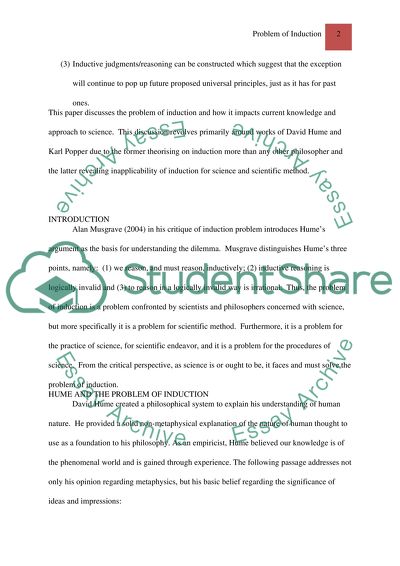Cite this document
(“Philosophy of Science Essay Example | Topics and Well Written Essays - 2250 words”, n.d.)
Philosophy of Science Essay Example | Topics and Well Written Essays - 2250 words. Retrieved from https://studentshare.org/miscellaneous/1528373-philosophy-of-science
Philosophy of Science Essay Example | Topics and Well Written Essays - 2250 words. Retrieved from https://studentshare.org/miscellaneous/1528373-philosophy-of-science
(Philosophy of Science Essay Example | Topics and Well Written Essays - 2250 Words)
Philosophy of Science Essay Example | Topics and Well Written Essays - 2250 Words. https://studentshare.org/miscellaneous/1528373-philosophy-of-science.
Philosophy of Science Essay Example | Topics and Well Written Essays - 2250 Words. https://studentshare.org/miscellaneous/1528373-philosophy-of-science.
“Philosophy of Science Essay Example | Topics and Well Written Essays - 2250 Words”, n.d. https://studentshare.org/miscellaneous/1528373-philosophy-of-science.


